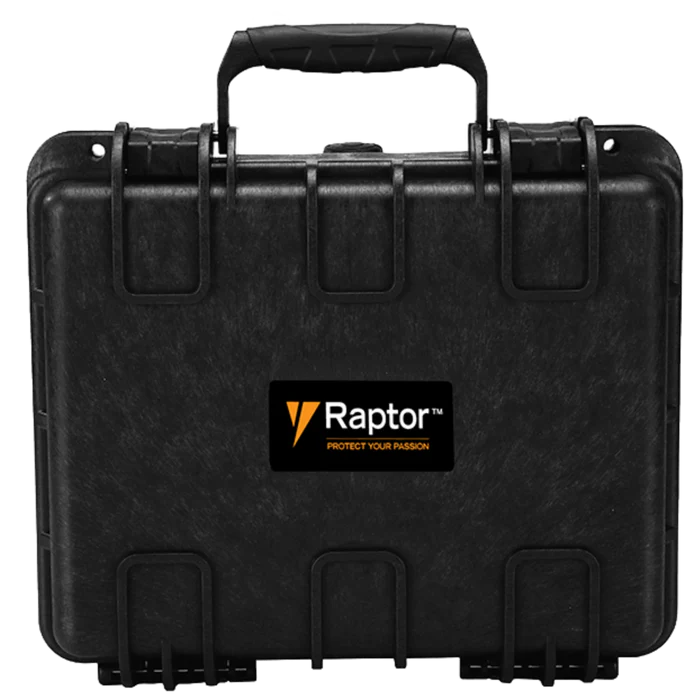When it comes to shaping your future, trade schools in Hawaii provide countless opportunities for students to gain hands-on skills and begin careers quickly. Choosing the right program from trade schools in Hawaii can be challenging, as there are multiple institutions offering specialized training in healthcare, construction, culinary arts, technology, and more. Many students explore trade schools in Hawaii because they are affordable, practical, and designed to lead directly to employment. By enrolling in trade schools in Hawaii, you can skip the long years of traditional college and instead focus on targeted career training. Employers across the islands value graduates from trade schools in Hawaii, knowing they are equipped with real-world skills. Whether your goal is to become an electrician, a medical assistant, a chef, or an IT specialist, trade schools in Hawaii provide the stepping stone to achieve it. With so many programs available, comparing trade schools in Hawaii is the best way to ensure that you choose a school that matches your career goals, budget, and lifestyle. The key to success is finding the right fit among the many trade schools in Hawaii.
Why Compare Trade Schools in Hawaii?
Each school has its own strengths, from program variety to location and tuition. By comparing trade schools in Hawaii, you can identify which institution best aligns with your future career. Some schools may excel in healthcare programs, while others focus on construction and skilled trades. When students compare trade schools in Hawaii, they can evaluate not only course offerings but also accreditation, financial aid opportunities, and career placement services. Making a well-informed choice ensures your time and money are invested wisely.
Key Factors to Consider When Choosing Trade Schools in Hawaii
Program Options
Different trade schools in Hawaii specialize in different industries. For example, one school may offer strong healthcare programs, while another might focus on culinary arts or IT.
Accreditation
Accreditation is crucial when choosing among trade schools in Hawaii, as it guarantees that the institution meets quality standards and that your credentials will be recognized by employers.
Tuition and Financial Aid
Costs vary between institutions. Some trade schools in Hawaii offer affordable tuition and scholarships, while others may have higher tuition but broader resources.
Location and Accessibility
Proximity to home and flexible scheduling can make a big difference. Students should compare trade schools in Hawaii based on campus locations and availability of evening or weekend classes.
Career Services
Strong career services, including job placement and internships, are a hallmark of the best trade schools in Hawaii. This support can help students transition smoothly into the workforce.
Why Choose Us
We are dedicated to helping students make the best decision when comparing trade schools in Hawaii. With our guidance, you can evaluate program options, tuition costs, accreditation, and job placement opportunities. Our mission is to connect you with the right institution among trade schools in Hawaii that suits your career goals and financial situation. We make the process easy, offering expert advice, up-to-date resources, and personalized recommendations. Students across the islands rely on us because we simplify the decision-making process and ensure you find the perfect fit among trade schools in Hawaii.
Popular Programs at Trade Schools in Hawaii
Students interested in healthcare often choose trade schools in Hawaii that offer programs in medical assisting, dental hygiene, or nursing support. For those who love working with their hands, construction, welding, and electrical programs are in high demand. Culinary schools thrive in Hawaii due to the booming tourism industry, making them an attractive option. Technology-focused trade schools in Hawaii offer IT certifications and networking programs, preparing students for careers in one of the fastest-growing fields. By comparing options, students can match their personal interests with the best available program.
Benefits of Attending Trade Schools in Hawaii
Attending trade schools in Hawaii comes with numerous advantages:
- Faster entry into careers compared to four-year colleges
- Affordable tuition that reduces student loan debt
- Hands-on training that prepares students for real-world jobs
- Career-focused programs that meet Hawaii’s industry needs
- Flexible scheduling for working students or those with families
These benefits highlight why many students prefer trade schools in Hawaii over traditional universities.
How to Find the Right Trade School in Hawaii
- Identify your career goals: Decide which field interests you most.
- Research program offerings: Compare trade schools in Hawaii to see which schools provide training in your desired area.
- Check accreditation: Ensure the school is accredited for recognized credentials.
- Explore financial aid: Look into grants, scholarships, and loan programs.
- Visit campuses: If possible, tour schools to get a feel for the environment.
- Review job placement rates: Choose trade schools in Hawaii with strong employer partnerships and career support.
Career Opportunities After Trade Schools in Hawaii
Graduates of trade schools in Hawaii are highly sought after in industries such as healthcare, construction, culinary arts, and technology. Students who train in medical programs often secure positions in clinics and hospitals. Those in construction or electrical programs can join contractors or start their own businesses. Culinary students find opportunities in resorts, restaurants, and hotels. IT graduates can work in both local and international markets. By attending trade schools in Hawaii, students gain career readiness and stability.
5 Frequently Asked Questions about Trade Schools in Hawaii
1. Are trade schools in Hawaii better than traditional colleges?
It depends on your career goals. Trade schools in Hawaii are ideal for students seeking hands-on training and quicker career entry.
2. How long are programs at trade schools in Hawaii?
Most programs at trade schools in Hawaii take six months to two years, depending on the field.
3. Do trade schools in Hawaii offer financial aid?
Yes, many trade schools in Hawaii offer financial aid options such as grants, scholarships, and loans.
4. Are trade schools in Hawaii accredited?
Most trade schools in Hawaii are accredited, ensuring high-quality education and employer recognition.
5. What jobs can I get after graduating from trade schools in Hawaii?
Graduates from trade schools in Hawaii can pursue careers in healthcare, construction, culinary arts, information technology, and more.
Conclusion
Choosing among trade schools in Hawaii requires careful comparison of programs, tuition, location, and career services. By exploring your options, you can find the school that best fits your personal and professional goals. With practical training, affordable tuition, and strong industry connections, trade schools in Hawaii remain a smart choice for those seeking career success. Whether your interests are in healthcare, skilled trades, technology, or hospitality, the right fit among trade schools in Hawaii will set you on the path to a rewarding future.



